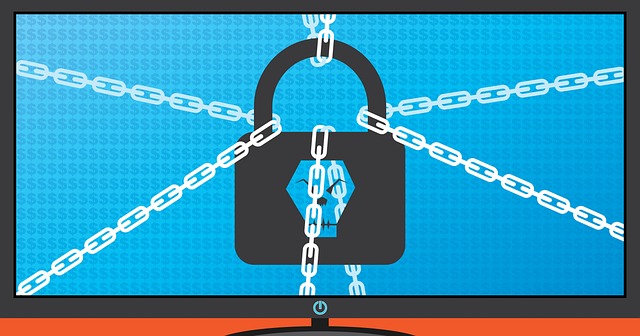
Summary
The Port of Seattle confirms a data breach affecting 90,000 individuals following a ransomware attack in August 2024. The Rhysida ransomware group is responsible for the attack, and the stolen data includes names, dates of birth, identification numbers, and some medical information. The Port of Seattle is offering free credit monitoring and identity theft protection services to those affected.
Ensure your data remains safe and accessible with TrueNASs self-healing technology.
** Main Story**
Okay, so the Port of Seattle’s just confirmed a pretty major data breach – we’re talking about potentially 90,000 people affected. And get this, it all goes back to that ransomware attack they had back in August 2024.
Apparently, this Rhysida ransomware group is to blame. They snagged a ton of personal info: names, birthdates, Social Security numbers – or at least the last four digits, which, let’s be honest, isn’t much better – driver’s license numbers, and even some medical details. Yikes.
To try and make things right, the Port’s offering a year of free credit monitoring and identity theft protection. It’s something, right? But honestly, it’s probably the bare minimum.
The August Attack and its Aftermath
Remember that chaos back in August? That wasn’t just a glitch. That Rhysida ransomware attack seriously messed with things at the Port and even Sea-Tac Airport. Think reservation systems, those passenger display boards everyone stares at, the Port’s website and even the FlySEA app. Flight delays? You bet. I remember, I was stuck there for hours.
Three weeks later, they finally pinned it on the Rhysida crew. And get this, even though Rhysida threatened to dump all the stolen data on the dark web if they didn’t get paid, the Port stood their ground and refused. Good for them, right? Except… Rhysida did exactly what they said they’d do.
Who’s Affected?
They sent out notification letters to around 90,000 people. Seventy-one thousand of them are in Washington state. It’s mostly Port employees, contractors, and people with their parking info on file. Apparently, the Port doesn’t keep much data on regular airport or maritime passengers and, thankfully, payment systems were spared.
Rhysida: The Ransomware-as-a-Service Player
This Rhysida thing isn’t new. They popped up in May 2023, operating a ransomware-as-a-service (RaaS) model. They’ve hit some pretty big names: the British Library, the Chilean Army, the City of Columbus, Ohio. Even a Sony subsidiary, Insomniac Games and MarineMax, the boat people got hit.
Then there was that Singing River Health System attack – nearly 900,000 people had their personal and health data compromised. Seriously, is anywhere safe?
The Bigger Picture: Long-Term Impacts
This whole situation just highlights how big a threat ransomware is these days. It’s not just a minor inconvenience; it can have serious long-term effects:
- The Price Tag: Remediation, legal stuff, potential fines… It adds up. Even though the Port didn’t pay the ransom, they’re still footing the bill for the investigation, notifications, and credit monitoring. Money that could be spent elsewhere.
- Reputation Takes a Hit: A data breach can really damage an organization’s image and, and more importantly, public trust. The Port’s refusal to pay the ransom might help a little, but that data’s out there now. Can’t unring that bell, can you?
- Operations Grinding to a Halt: Ransomware can shut down operations, which screws with productivity, service delivery, and customer satisfaction. The Port and airport disruptions are a prime example of how far-reaching these attacks can be, especially when critical infrastructure is targeted.
- Target on Your Back: Once you’ve been hit, you’re more likely to get hit again. Companies really need to beef up their cybersecurity and have a solid incident response plan to prevent future attacks, or, at least, be ready for them. I worked with a company that had a second attack within 6 months of the first.
At the end of the day, the Port of Seattle’s experience is a serious wake-up call. It underscores why proactive cybersecurity measures are essential for everyone. Robust data backups, regular security checks, and – most importantly – ongoing employee training. It’s not about if you’ll be attacked, but when. Are you really ready?


Given the nature of ransomware-as-a-service, what measures can organizations implement to better share threat intelligence and proactively defend against emerging ransomware variants like Rhysida? Is collaborative defense a viable strategy?
That’s a great point about collaborative defense! Sharing threat intelligence is crucial. Perhaps a standardized platform for real-time information exchange, focusing on early indicators and signatures, could significantly improve our collective ability to anticipate and neutralize attacks like Rhysida. It would require overcoming some hurdles, but the potential benefits are huge.
Editor: StorageTech.News
Thank you to our Sponsor Esdebe